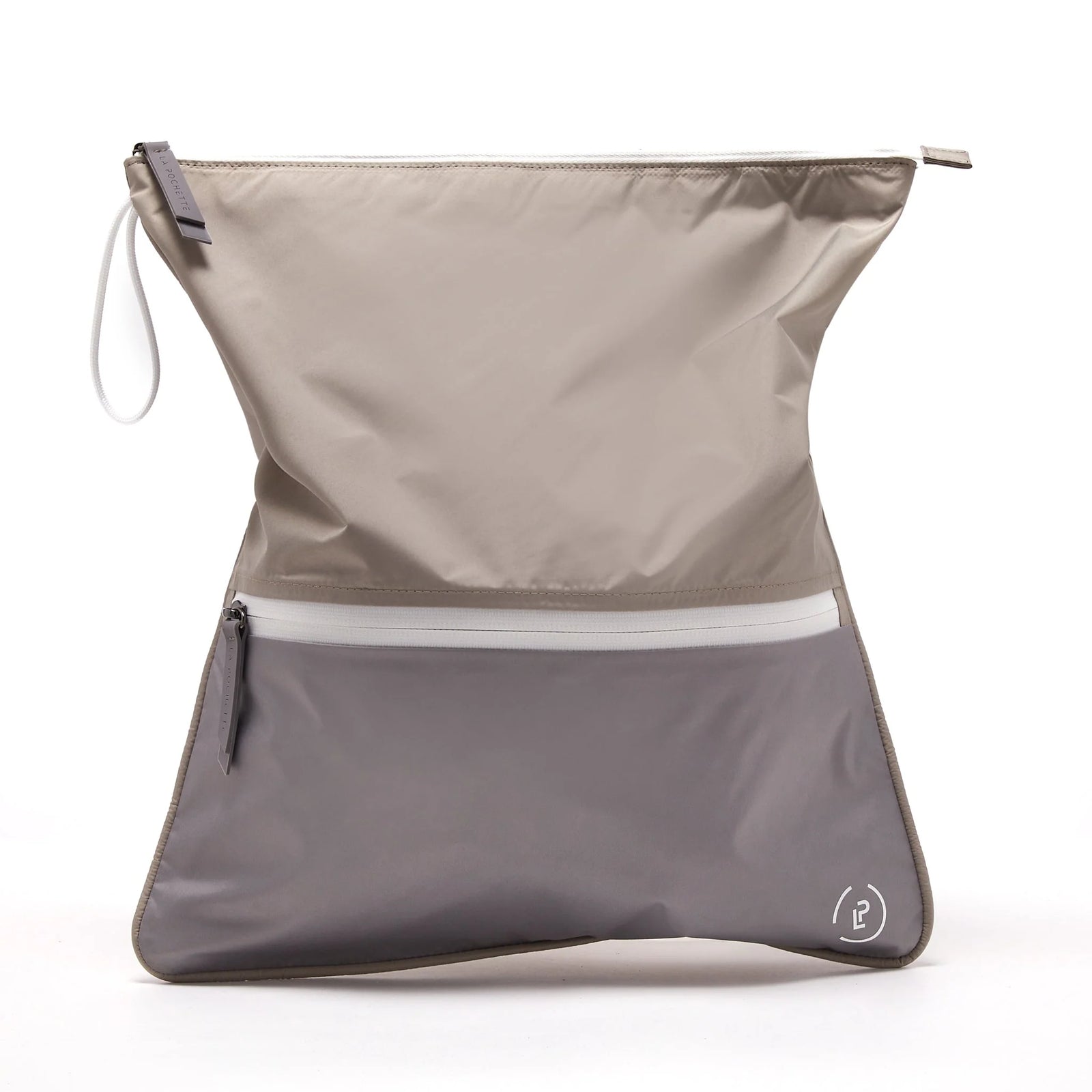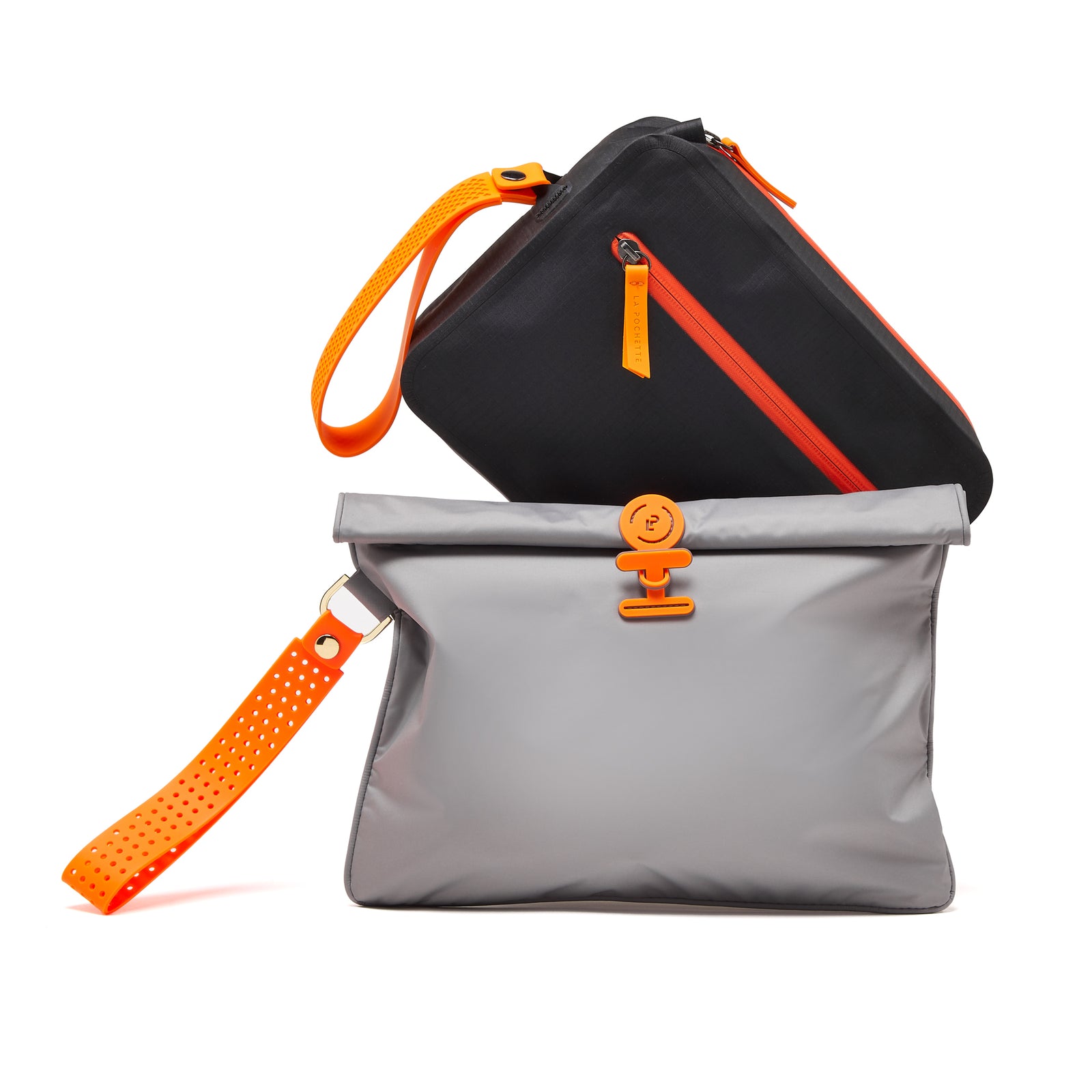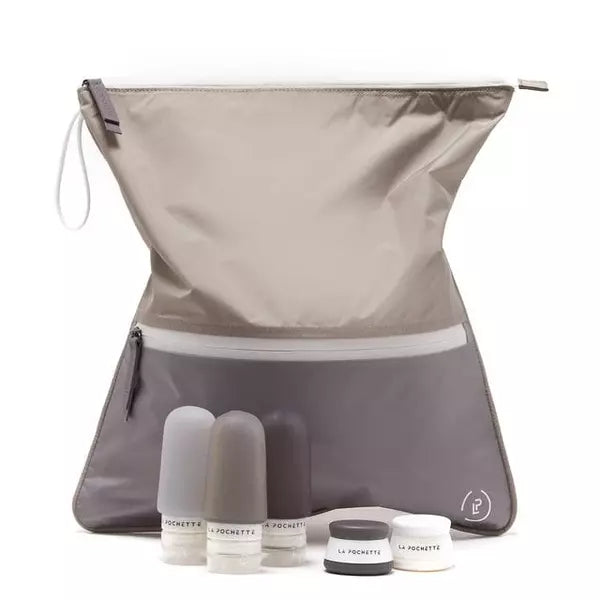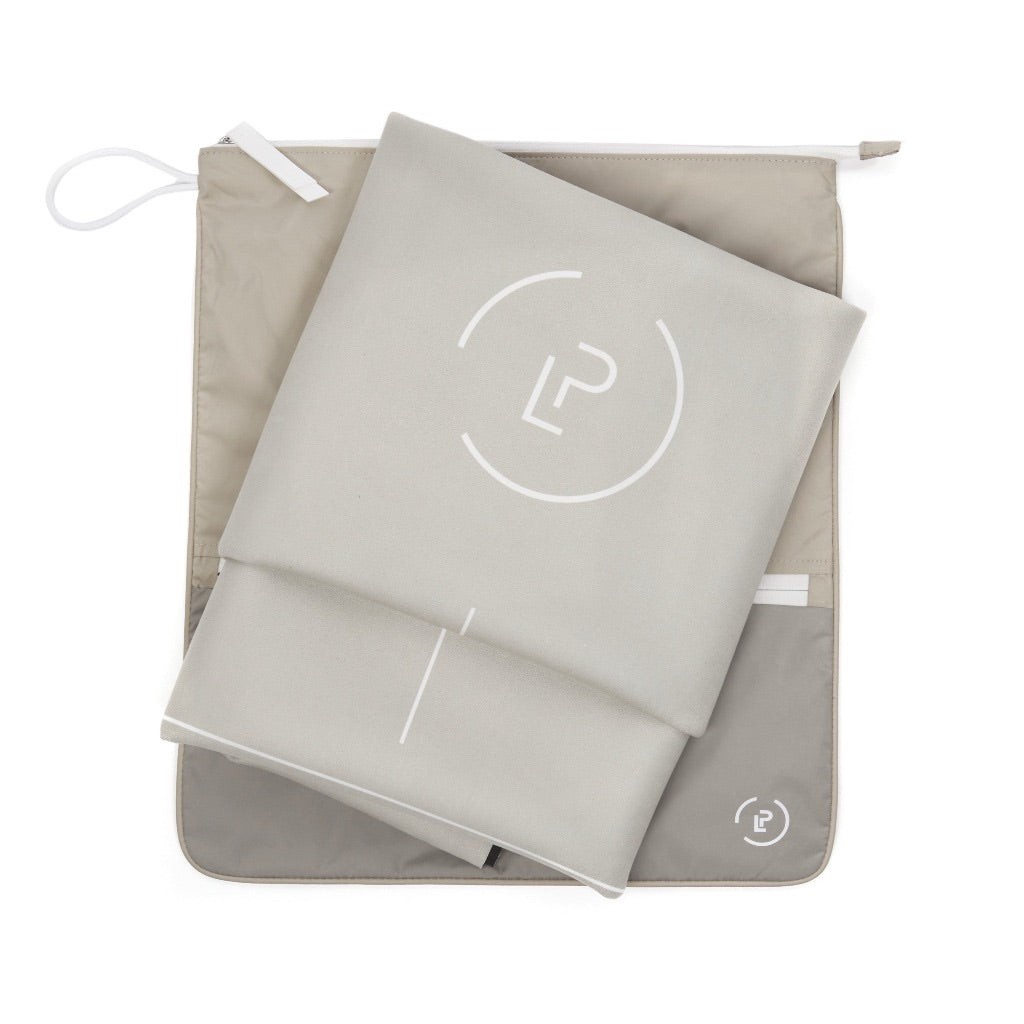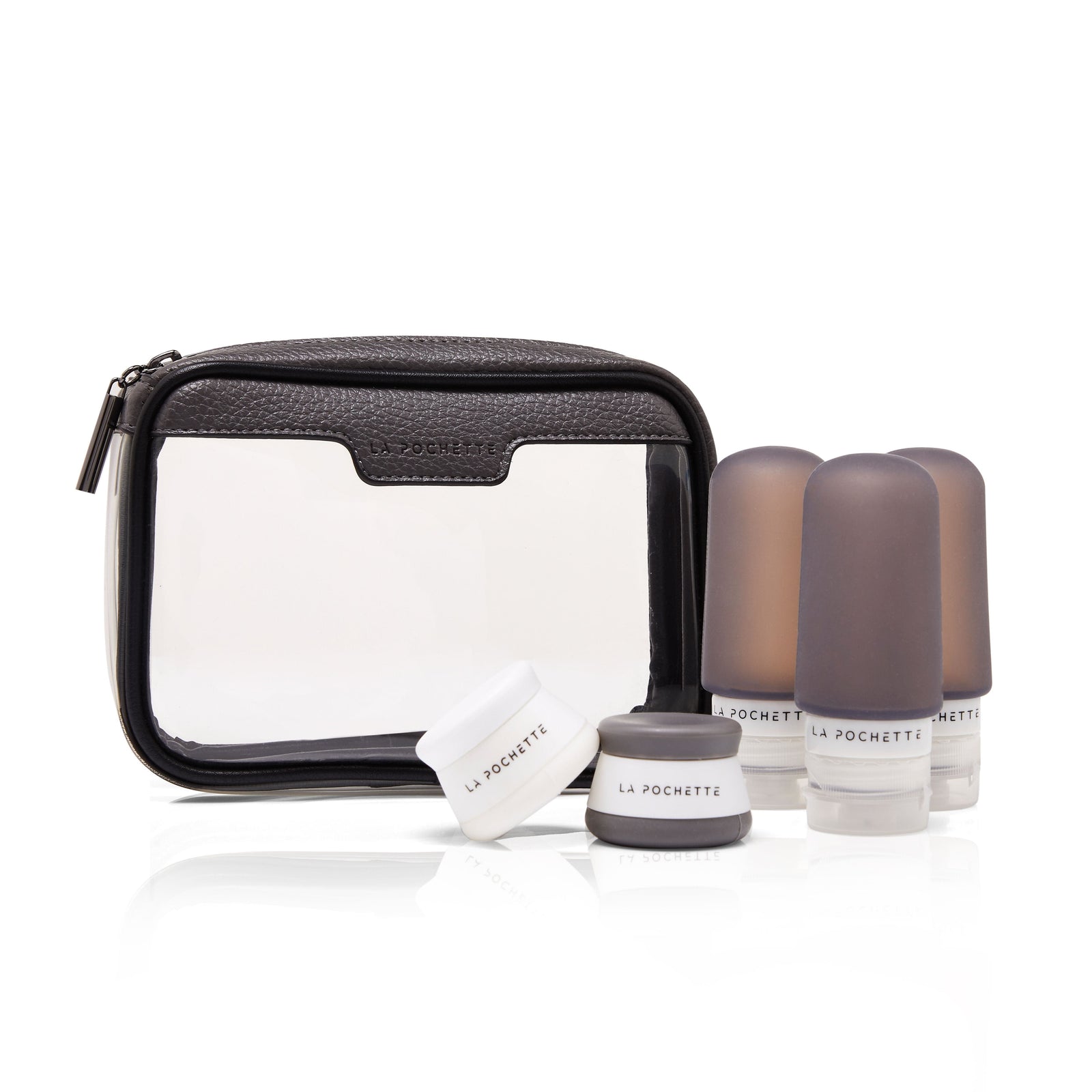From Team GB athlete and National Title holder in Boxing + Martial Arts to a corporate career and on to your current role in the fitness industry. What has motivated and shaped your career path?
It’s been such an unplanned but great journey! Going from a Sales Director in a FTSE 100 to a Personal Trainer was a big transition, especially as vowed never to be a PT after graduating with a Sports Science degree!
Without a doubt my journey has been shaped through understanding that I love working with people and providing solutions to their problems, whether it be implementing an international recruitment strategy, or identifying a client’s lower back pain is due lack of mobility in their ankles and hips.
What do you enjoy most about coaching?
I enjoy sharing in the journey a client experiences when they achieve their goals, because it takes hard work, consistency, and commitment to reach. Being able to help people attain more than they thought they could and share in that realisation that they can do more is everything I love about being a coach.
After a difficult year for almost everyone, LP was drawn to your Mental Toughness Coaching. What does this involve? Does this relate to both achieving fitness goals and those in a work setting?
Mental toughness is a multi-faceted concept, but in summary it is our ability to keep focused under pressure and is largely moderated by how we perceive potential stressors. When we experience a situation that we deem to be a threat to our self (emotional, physical, social or mental wellbeing) we experience stress, however if we see it as a challenge we can confidently overcome, our mental facilities prepare us for such.
The concept can be applied to both sport and work settings, and much of the training involved to become mentally tough requires us to observe and take ownership of the little voice in your head, and in essence G yourself up! Exercise is a very accessible tool for us all to assess our mental toughness.
Why is it so important for companies to create an environment which supports its staff’s wellbeing?
I am sure many have experienced that fact that work can easily pervade into our life and the boundaries can become blurred, leading to an imbalance – particularly with so many people working from home over the last year. There are many serious negative consequences of this such as burnout, emotional withdrawal, lack of vigour and energy + resentment towards one’s organisation. This makes work/life balance something employers must take seriously and provide their employees opportunities to have “more life” outside of the usual comp & benefit packages we traditionally see.
For all those thinking of implementing a wellness programme within their workplace, what advice would give?
Having focused my MSc research on a hedgefund implementing a wellness programme, participated in, and also implemented nationwide wellness platforms for organisations, the main advice I can give is to listen to your employees and have management encourage employees to use the service. Internal stakeholders are key for uptake, and also provide more than physical exercise classes as this may not appeal to everyone. Short sessions focused on mobility, educational talks and mindfulness practice have been increasingly requested by the clients that I work with and help to provide a more rounded platform.
What does an engaged workforce look like to you?
An engaged workforce is quite possibly the key determinant in long-term personal and company growth, as well as organisational success. Engaged individuals will bring their best selves into work, go above and beyond their job description, embody company values and carry out occupational citizenship behaviours. As a result, there is an exceptional team and organisation environment that enables individual growth, both on a personal and professional level. If you find yourself looking forward to work, you’re pretty much en route.
Can we track the impact of positive wellbeing in employees with a company performance?
We can, but many commercially available measures do not fully investigate the construct as there are so many definitions of wellbeing and engagement! Additionally, quantitative measures such as surveys only pick up a small part of the picture. This is because engagement is very much a personal psychological concept based on a variety of aspects such as social connectedness, having purpose and managerial support – so qualitative means of measurements such as comment boxes or informal discussions are important to get deeper in the data.
What can people expect from your online classes?
I focus on opening type areas of the body such as hips, spines and shoulders, and developing strong postural muscles to increase longevity and quality of movement. I also make sure everyone knows why they are doing what they are doing, so they get a little something extra whilst sweating it out. Lastly, you can expect A+ playlists and B- Dad jokes!
Where can people take a class with you in person?
I consult on and provide bespoke corporate wellbeing platforms with a wide network of expert trainers, and also provide online classes. I also teach in-person sessions around White City, Holland Park and Notting Hill.
Nathan can be contacted at his email nathansearscoaching@gmail.com, for personal sessions or @nathansearscoaching on Instagram. For more information on Nathan's coaching areas, visit his website.
Read on:
Journal Meets Core Collective COO Heloise Nangle
Journal Meets Fashion PR turned Yoga Teacher Hongyi Huang
Journal Meets Polo Player and Trainer India Parker-Smith
Journal Meets Ed Conway, Architectural Running Tour Guide & Trainer
